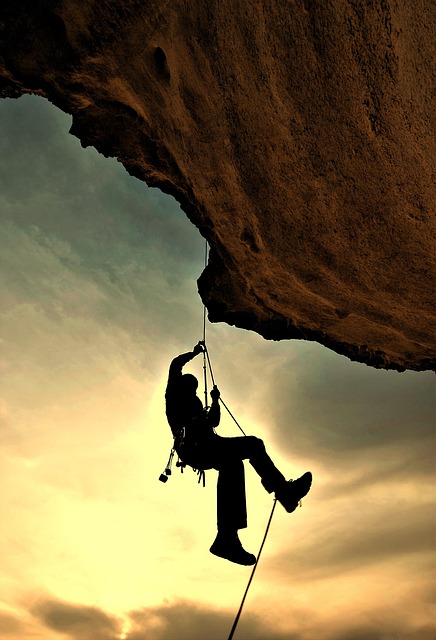Teen Challenge programs, non-profit residential treatment centers for at-risk teens, face legal challenges related to participant safety and well-being, including allegations of harm, inappropriate discipline, and breach of privacy. Survivors can take legal action against the organization if harmed by its policies or practices, leading to monetary settlements and policy changes nationwide, enhancing oversight and accountability in youth rehabilitation programs.
Advocacy for survivors of Teen Challenge programs has gained prominence, with many seeking justice through lawsuits. This article delves into the intricacies of these legal actions, offering insights into understanding Teen Challenge programs and potential legal issues. We explore survivors’ rights and available resources, while showcasing impact stories that highlight the success of Teen Challenge lawsuits. By examining these cases, we aim to shed light on a crucial aspect of healing and accountability for those affected by such programs.
- Understanding Teen Challenge Programs and Potential Legal Issues
- Navigating Legal Action for Survivors: Rights and Resources
- Impact and Success Stories of Teen Challenge Lawsuits
Understanding Teen Challenge Programs and Potential Legal Issues

Teen Challenge programs, often run as non-profit organizations, offer residential treatment for at-risk teens facing various challenges such as addiction, mental health issues, and behavioral problems. These programs aim to rehabilitate and restore youth through spiritual guidance, counseling, and discipline. However, amidst these noble intentions, there can be potential legal issues that arise from the program’s operations.
One common area of concern is the well-being and safety of the participants. Like any residential facility, Teen Challenge centers must adhere to specific standards regarding care, consent, and protection from abuse or neglect. Legal challenges often revolve around allegations of physical or emotional harm, inappropriate discipline methods, or breach of privacy, which can lead to a Teen Challenge lawsuit. Understanding these potential risks is crucial for ensuring the program’s legality and the advocacy of survivors’ rights.
Navigating Legal Action for Survivors: Rights and Resources

Many Teen Challenge survivors, having endured physical, emotional, or psychological abuse during their time in the program, find themselves navigating complex legal paths to seek justice and compensation. The first step is understanding their rights—a crucial aspect often overlooked due to the sensitive nature of the issue. Survivors must be aware that they have the right to take legal action against the Teen Challenge organization if they believe they have been harmed by its policies or practices. This includes seeking damages for any physical injuries, mental health issues, or financial losses incurred during their participation.
Resources such as legal aid organizations and pro bono attorneys can provide immense support in these cases. They offer guidance on how to file a Teen Challenge lawsuit, ensuring survivors’ rights are protected throughout the process. These professionals help them understand the legal framework, gather evidence, and present their case effectively, ultimately aiming to hold Teen Challenge accountable for any wrongdoings.
Impact and Success Stories of Teen Challenge Lawsuits

Teen Challenge lawsuits have had a profound impact, shedding light on the potential for legal action to hold accountable those who perpetuate harmful practices within these programs. Success stories include substantial monetary settlements awarded to survivors, serving as not only compensation but also a powerful statement of justice and recognition of their endured suffering. These cases have also led to significant policy changes, improving oversight and accountability measures in similar youth rehabilitation programs nationwide.
Each Teen Challenge lawsuit brings to the forefront unique narratives of resilience and recovery. Survivors share their stories, providing a glimpse into the transformative power of legal advocacy and its ability to empower individuals to speak out against systemic injustices. These cases inspire hope, encouraging others who may have faced similar experiences to come forward and seek justice, ultimately contributing to a broader culture of accountability and compassion within these programs.
Teen Challenge programs, while claiming to offer transformative experiences, have faced scrutiny through numerous successful Teen Challenge lawsuits. These legal actions not only highlight potential abuses within these programs but also empower survivors to seek justice and compensation for their struggles. By understanding their rights and leveraging available resources, former participants can contribute to a broader movement for accountability and positive change in similar youth rehabilitation initiatives.
